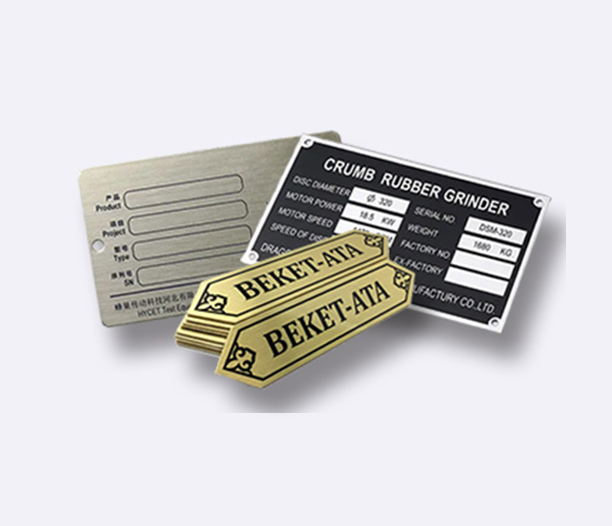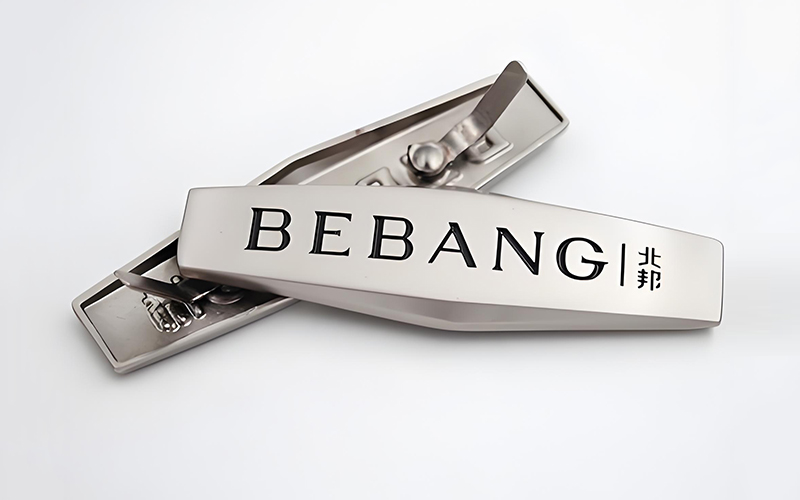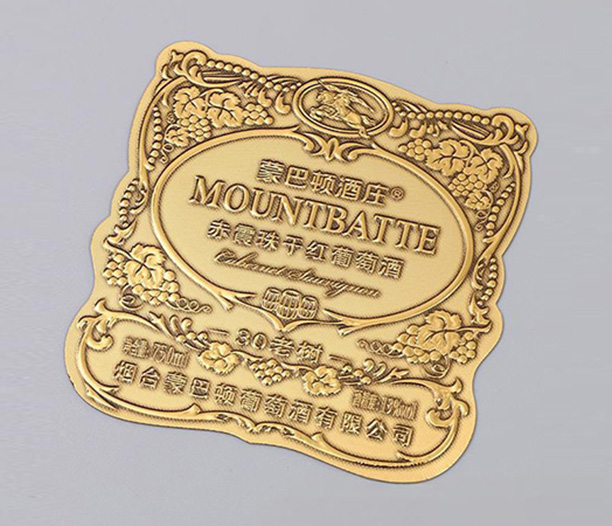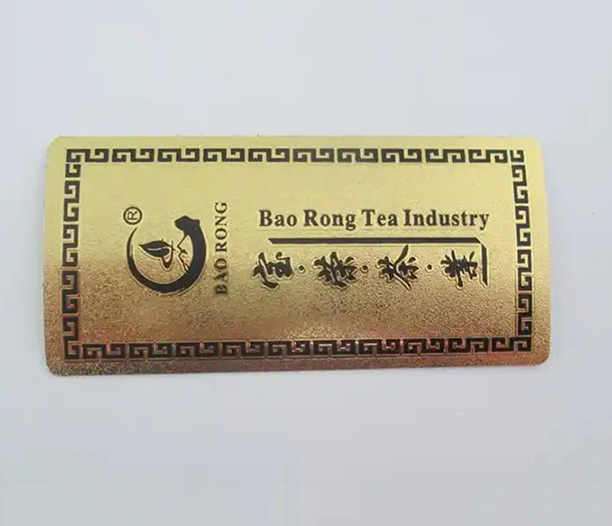In today's fast-paced, data-driven world, efficiency and accuracy in tracking inventory, assets, and products are non-negotiable. At the heart of this operational efficiency lies a seemingly simple yet profoundly critical tool: the barcode label. However, the effectiveness of your barcode system is only as good as the quality of the labels themselves. This is where choosing the right barcode labels manufacturer becomes a crucial business decision. A reputable barcode labels manufacturer does more than just supply sticky tags; they provide a foundational component of your supply chain, inventory management, and overall data integrity.
This comprehensive guide will delve into five essential aspects you must consider when selecting a barcode labels manufacturer. Furthermore, we will address the most common questions and challenges businesses face, ensuring you are equipped to make an informed choice that enhances your operational productivity.

What Exactly Does a Barcode Labels Manufacturer Do?
A barcode labels manufacturer is a specialized producer that designs, engineers, and prints custom barcode labels and tags for a vast array of industries. Their role extends far beyond simple printing. It involves a deep understanding of materials, adhesives, printing technologies, and scanning equipment.
The process begins with consulting the client to understand the specific application. Will the label be applied to a cardboard box in a climate-controlled warehouse, or will it need to withstand extreme cold, direct sunlight, or exposure to chemicals? Based on these requirements, the manufacturer recommends the optimal combination of:
Facestock: The printable surface material (e.g., paper, polyester, polypropylene, vinyl).
Adhesive: The glue that binds the label to the surface (e.g., permanent, removable, high-tack for rough surfaces).
Liner: The backing paper that protects the adhesive until application.
Printing Technology: The method used to print the barcode, such as thermal transfer (for durability) or direct thermal (for short-term applications).
Finishes: Protective varnishes or laminates to shield the barcode from abrasion, UV light, and chemicals.
A top-tier barcode labels manufacturer acts as a partner, ensuring the final product performs flawlessly in its intended environment.
Key Factors to Consider When Choosing a Barcode Labels Manufacturer
Selecting the wrong supplier can lead to scanning failures, label deterioration, and costly operational disruptions. Here are the five key factors to evaluate:
1. Manufacturing Capabilities and Technology
The best barcode labels manufacturer invests in state-of-the-art printing presses and finishing equipment. Look for manufacturers proficient in both flexographic and digital printing. Flexographic printing is ideal for very long, high-volume runs with consistent quality, while digital printing offers unparalleled flexibility for short to medium runs with variable data. inquire about their in-house capabilities for laminating, die-cutting, and slitting, as this controls quality and turnaround time.
2. Material Selection and Expertise
A one-size-fits-all approach does not work for barcode labels. Your manufacturer should offer an extensive library of materials and adhesives and have the technical expertise to guide your selection. Whether you need labels that withstand freezer temperatures, resist harsh solvents, adhere to curved plastic surfaces, or are compliant with FDA requirements for direct food contact, their expertise is invaluable.
3. Customization and Design Support
Your labeling needs are unique. A superior barcode labels manufacturer provides comprehensive customization options. This includes custom shapes and sizes, sequential numbering, variable data printing, and design assistance. They should have staff who understand barcode symbologies (like Code 128, UPC, Data Matrix) and can ensure your labels are designed to meet industry standards and achieve a high first-pass read rate.
4. Quality Control and Compliance
The most critical aspect of a barcode label is its scannability. A professional manufacturer will have rigorous quality control (QC) processes in place. This involves using verifiers—not just scanners—to grade the printed barcodes according to international standards (like ISO/IEC 15416). The grade, from A to F, certifies the print quality and predicts scanning performance. Ensure your manufacturer provides verification reports with orders. Compliance with standards like UL/CSA for safety or GS1 for retail is also a key differentiator.
5. Customer Service and Support
Responsive and knowledgeable customer service is the backbone of a good manufacturer relationship. From the initial quote to post-sales support, you need a team that is accessible and proactive. Consider their responsiveness, their willingness to provide samples, and their ability to handle urgent requests and troubleshoot application issues. A manufacturer that assigns a dedicated account manager can significantly streamline the process.

Common Problems and Challenges Solved by a Professional Manufacturer
Many businesses attempt to print labels in-house with desktop printers, only to encounter persistent issues. A professional barcode labels manufacturer solves these common problems:
Poor Scanning Rates: Caused by low contrast, poor edge definition, or incorrect quiet zones. Professional printing and verification eliminate this.
Label Failure: Labels that curl, fall off, or become unreadable due to environmental exposure. Experts select materials engineered for the specific application.
Inconsistent Quality: Desktop printers can produce inconsistent output. Industrial printers ensure every label is identical and reliable.
Lack of Durability: Smudging, fading, and abrasion are common with low-quality inks and materials. Professional-grade materials and protective finishes ensure longevity.
Inefficiency: Managing an in-house labeling operation consumes time, resources, and manpower. Outsourcing to a specialist is often more cost-effective and efficient.
The Critical Role of Quality Control in Barcode Label Manufacturing
Quality control cannot be an afterthought; it must be integrated into every step of the manufacturing process. A reputable barcode labels manufacturer will implement a multi-stage QC protocol:
Pre-Press Checks: Verifying the digital artwork for correct barcode dimensions, data, and color contrast.
Press-Side Monitoring: Continuously checking print registration, color density, and clarity during the print run.
Barcode Verification: Using a dedicated verifier to assign an ANSI grade to sample labels from the run. This objective measurement ensures the barcode will perform in the real world.
Final Inspection: Checking for defects in slitting, die-cutting, and overall appearance before packaging.
Requesting a Certificate of Conformance or a verification report with your shipment is a standard practice with quality-focused manufacturers.
Frequently Asked Questions (FAQs) About Barcode Labels Manufacturers
1. What information do I need to provide to get a quote?
To get an accurate quote, be prepared to provide the following:
Quantity: The number of labels needed.
Dimensions: The size of the label (length x width).
Material Requirements: The application environment (e.g., indoor, outdoor, chemical exposure, temperature extremes).
Artwork: A print-ready PDF or AI file, or details for them to design it.
Barcode Type and Data: The symbology (e.g., Code 39, QR Code) and the actual data to be encoded.
Adhesive Type: Any specific needs for permanence or surface type.
2. What is the difference between thermal transfer and direct thermal printing?
Direct Thermal: Uses heat-sensitive paper that darkens when passed over a thermal print head. These labels are economical but susceptible to heat, light, and abrasion. Ideal for short-term labels like shipping receipts or packing slips.
Thermal Transfer: Uses a thermal ribbon (ink) that is melted onto the label material (which can be paper, polyester, etc.). This creates a much more durable and long-lasting image. It is the preferred method for labels that must withstand harsh environments or have a long lifespan.
3. How long does it take to receive custom barcode labels?
Lead times vary by manufacturer and order complexity. Standard orders can often ship within 5-10 business days. Rush services are commonly available for urgent projects. Always discuss timelines during the quoting process.
4. Can you help me design my label if I don’t have artwork?
Yes, most reputable manufacturers offer graphic design services as part of their value proposition. They can create a compliant and effective label design based on your content requirements and branding guidelines.
5. What if my labels aren’t scanning properly after I receive them?
This is a rare occurrence when working with a quality-focused manufacturer who verifies their labels. However, if it happens, you should immediately contact their customer service. A professional manufacturer will troubleshoot the issue, which could be related to the scanning equipment itself, and will stand behind their product, often reprinting the order if the fault is determined to be on their end.
Choosing a barcode labels manufacturer is a strategic decision that impacts your operational efficiency, accuracy, and bottom line. It is not merely a purchase but an investment in a critical component of your data management infrastructure. By prioritizing a manufacturer with robust capabilities, extensive material expertise, unwavering quality control, and exceptional customer service, you secure a partnership that ensures your labels are never the weak link in your chain.
Before you commit, do your due diligence: ask for samples, request verification reports, and assess their willingness to understand your business. The right barcode labels manufacturer will prove to be a valuable partner in driving your business forward.





